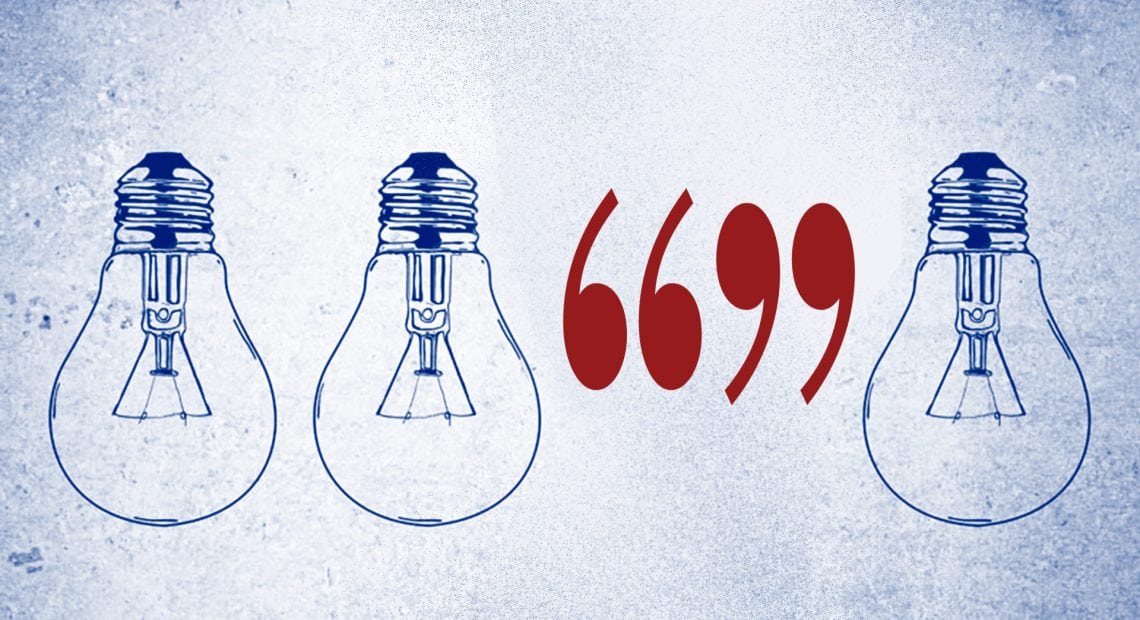
Study Suggests #MeToo Leading to More Gender Discrimination
A Disturbing Trend
By Amelia J. Holstrom, Esq.

Amelia J. Holstrom, Esq.
The #MeToo movement exploded back in 2017. With #MeToo in the news almost a daily, women everywhere became more comfortable coming forward and reporting harassment and telling their stories.
As a result, women felt empowered, but has sharing their stories hurt them in other ways? According to a recent survey conducted by LeanIn.org, the answer to that question might be yes.
Over the past two years, LeanIn.org — an organization dedicated to helping women come together and achieve their goals — conducted surveys to gain an understanding of what individuals are experiencing at work. One of the surveys revealed that, in the post-#MeToo world, women may be receiving less support at work from male managers and may be hindered in their ability to seek career advancement.
The survey, titled “Working Relationships in the #MeToo Era,” suggested that 60% of male managers reported they were not comfortable participating in common work activities — mentoring, working alone, or socializing — with women.
To put that into perspective, according to LeanIn.org, that percentage was only 32% just a year ago. The survey also noted that senior-level men were 12 times “more likely to hesitate to have one-on-one meetings” with junior female employees, nine times “more likely to hesitate to travel [with junior female employees] for work,” and six times “more likely to hesitate to have work dinners” with junior female employees. According to the survey results, 36% of men said they avoided mentoring or socializing with women because they were concerned about how it might look.
Worrisome Results for Employers
The results suggest that #MeToo may actually lead to more gender discrimination in the workplace. If male members of management distance themselves from mentoring, working alone with, and socializing with women, they might be creating legal liability for their employer because they are giving women less opportunity to advance and succeed with the organization.
For example, while work performance is always a factor in decisions regarding promotions, skills learned through mentoring and workplace connections and relationships also play an important role. If a female employee is denied a promotion due her lack of mentorship and/or workplace connections and relationships, and she did not have access to those things like her male colleagues did simply because of her gender, the employer could be subject to a gender-discrimination lawsuit.
The survey did contain some good news for employers: 70% of employees, compared to 46% in 2018, reported that their company was doing more to address sexual harassment. The increase in this statistic is likely because more employers are conducting annual sexual-harassment training in the post-#MeToo world. Unfortunately, the remainder of the survey results suggest that training alone is not enough.
Proactive Steps
Employers should continue to address harassment in the workplace through their anti-harassment policies and by conducting annual anti-harassment training, but they also need to do more to educate employees regarding other forms of discrimination.
First, employers should have an equal-employment-opportunity policy that clearly outlines that discrimination based on gender or any other characteristic protected by law is expressly prohibited. The policy should also outline how an employee may file an internal complaint of discrimination at the workplace.
Second, employers should add annual anti-discrimination training to their training agenda. Implementing effective training will demonstrate that you care about the issue and are taking it seriously, which could help you defend against a lawsuit if an employee decides to bring one.
Finally, employers should remember that gender discrimination doesn’t just arise in this context. Businesses should take a close look at compensation practices to be sure there are no pay-inequity issues. Studies show that women in America earn about 80 cents for every dollar paid to men. Not only is this wage gap a fundamental problem, but it can also lead to serious legal trouble for an employer. Case in point: the World Cup-champion U.S. women’s soccer team’s lawsuit alleging pay inequity and “institutionalized gender discrimination.”
Bottom Line
It is clear that #MeToo has led to important changes in the workplace, but LeanIn.org’s recent study suggests that employers need to continue to be proactive and take steps to create a culture free from harassment, but also address other forms of discrimination.
The full survey results can be found at leanin.org/sexual-harassment-backlash-survey-results.
Amelia J. Holstrom is an attorney with Skoler, Abbott & Presser, P.C., one of the largest law firms in New England exclusively practicing labor and employment law. Holstrom specializes in employment litigation, including defending employers against claims of discrimination, retaliation, harassment, and wrongful termination, as well as wage-and-hour lawsuits. She also frequently provides counsel to management on taking proactive steps to reduce the risk of legal liability; (413) 737-4753; [email protected]




